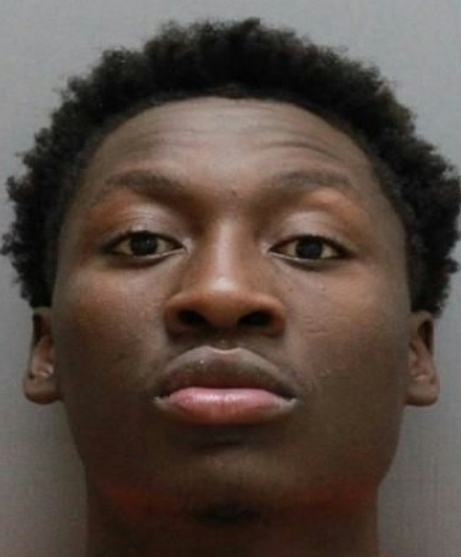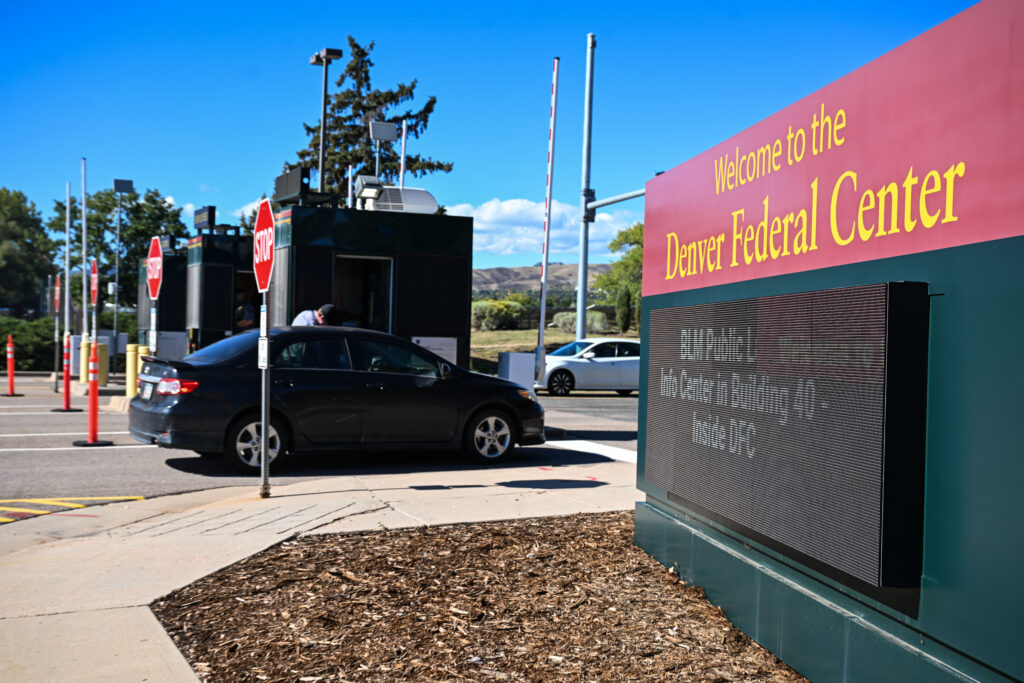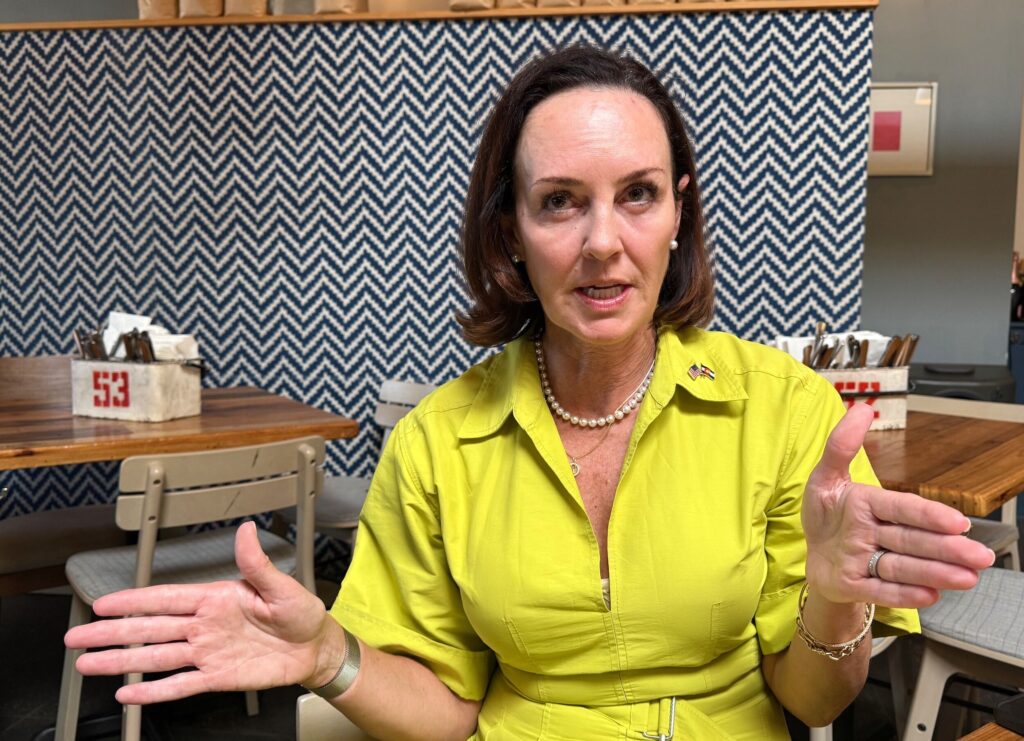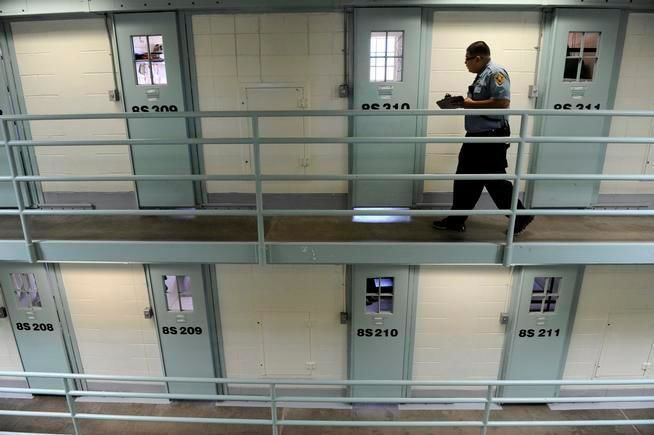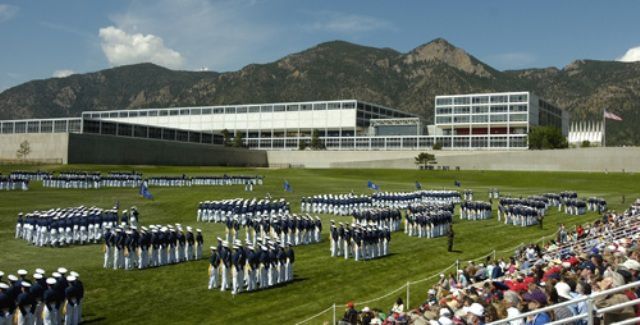Dem chair race heats up
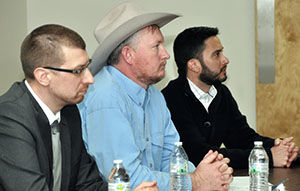
Who will chart the course?
The three candidates for chair of the Colorado Democratic Party agreed that the state party needs to chart its own course distinct from Washington, D.C., at a forum on Sunday in Denver. But the candidates disagreed sharply over whether stunning losses in last year’s election mean it’s time for a change in party leadership or that experience counts more than ever as next year’s presidential election looms.
Democratic state central committee members — state and county party officers, elected officials and bonus delegates, awarded to counties based on the vote for top-ticket Democrats in the last two elections — will chose between incumbent state chairman Rick Palacio, who is seeking a third term, and challengers David Sabados, a Denver-based political consultant and party veteran, and Vic Meyers, a Trinidad rancher and former congressional candidate, at the party’s biennial reorganizational meeting on Saturday morning at the Denver Marriott City Center.
During the two-hour forum, held at the local offices of the Service Employees International Union, the three chair candidates agreed about plenty — Democrats need to sharpen their message, statewide performance depends on the strength of county-level parties, and it’s crucial to involve the party’s various constituencies — but threw some elbows at each other and at the national party on other questions.
Nearly 100 people turned out in a snowstorm to attend the packed forum, which also streamed live on the Internet. It was sponsored by the Colorado Young Democrats, the Latino Initiative, the Progressive Democrats of Colorado, Democrats with Disabilities, the party’s Rural Initiative and the Labor Initiative, arms of the party devoted to particular interests.
“We have a solid party, we have a great party,” Palacio said. “We’ve had some losses, we had some losses in 2014 that we probably shouldn’t have had.” He added, “I’m not here to tell you that everything is peaches. I’m here to tell you we do have room for improvement.”
Palacio said he was committed to running for another term leading the party because 2016 is a very important year, when Democrats plan to get back the majority in the state Senate, reelect U.S. Sen. Michael Bennet and elect the country’s first female president, “whether that be Elizabeth Warren or Hillary Clinton.”
“We lost because we’ve been letting the GOP define us for years,” said Meyers, who argued that the state party has to institute a “64-county strategy” in order to compete across the purple state. “We have to win elections with a party that is grounded in the grassroots.”
Meyers said he grew up in a Democratic Party “where we didn’t need the initiatives, because that’s what we were all about — we were all about labor, we were all about minority communities, we were all about inclusion, and people knew it.”
“We need to do better,” said Sabados, who noted that he has served on local and state central and executive committees and has been working on campaigns since he was barely old enough to vote. Having worked as a professional fundraiser, organizer and served as vice chair of Young Dems, he said, he understands what the party needs to do in all aspects and has the know-how to steer it in the right direction.
Asked how the state party can encourage adherence to its “very progressive” platform, the three had different takes.
“Candidates who stood up for progressive values this last election did better,” Sabados said. “Candidates who walked away from our President didn’t. When we express the values of the Democratic Party, people respond and we grow our party.” He said it’s important that state party meetings are held when elected officials can attend so they’re part of the conversation about pending policy matters.
“The platform helps to drive the debate,” Palacio said, but he argued that, unlike Republicans, Democrats shouldn’t impose litmus tests on officials.
“Sometimes you’re going to have a Democrat who might live on the Western Slope or the Four Corners region who doesn’t necessarily agree with or can vote with Democrats who live in metro Denver,” he said. “As Democrats, we have to allow a little bit of latitude so people can represent their region, not only their party.”
Meyers suggested cleaning up the platform, which he called “far too long,” saying that would make it easier to market to grassroots supporters.
“I want to make sure our platform is Colorado-driven, not (Democratic National Committee)-driven,” Meyers said. “We need the DNC, but the DNC should not be telling Colorado how we’re going to vote and what we’re going to be advocating.”
He also took the occasion to lob the first of several jabs at Bennet, who has been under fire from some Democrats for his votes favoring construction of the Keystone XL pipeline, among other positions.
“We’ve got one elected right now I’m very concerned about, because I’m hearing in all parts of the state that they might not want to work for him here, and that’s a problem,” Meyers said.
Later, Meyers went further: “With regard to Michael Bennet, if you ignore a small problem today, it becomes a big problem tomorrow. If you ignore a big problem today, it becomes a disaster tomorrow.” If elected chair, Meyers said he plans to ask for a meeting with Bennet to share with him what Meyers is hearing all over the state. “I’m hearing a lot of anger, and he needs to know what folks are saying and what that’s going to mean for his reelection,” he said.
“I will endorse the reelection of Michael Bennet. He is our senator. Colorado knows too well what it is to lose a senator. He has to be a priority of this party,” Palacio said. (Bennet has endorsed Palacio in the state chair race.)
Responding to another question, about whether national Democrats ought to get involved in state primaries, Sabados noted that, along with Palacio, he had supported Andrew Romanoff in his 2010 primary challenge against Bennet — Sabados was Romanoff’s finance director — but pointed out that once Bennet had won, both supported the nominee.
“Once a primary’s over, we work to elect a Democrat, because we know the real enemy is the Republicans,” Sabados said.
Asked about Democrats’ messaging, Meyers said that he intended to communicate with county parties in an “open and consistent” way. “I will work with the DNC as a partner to make sure their message is consistent with what Colorado voters want to hear.”
Next year, Meyers added, Colorado is a key state in the presidential race, and the state chair needs to deliver a clear message to national Democrats: “You need us as much as we need you, and you’re not going to steamroll us like you did in 2014.”
“We must not become the party of Beltway consultants and cookie-cutter campaigns,” Sabados said, citing language from a national report released last week assessing Democratic performance in the last election. (Palacio was one of 10 members on the national task force that prepared the DNC’s so-called autopsy.)
“We need to have control over our own destiny as Coloradans,” Sabados said, adding that messages that work in Denver aren’t the same ones that work on the Western Slope. It’s the job of the state chair, he said, to tell the DNC, “We’ll take your input and then we’ll do what’s best for our state.”
Democrats, Palacio agreed, have a challenge with their message.
“Republicans have been really good at messaging, partly because they’re not beholden to the truth,” he said. “We need to be a lot more bold in the things we talk about,” he added, but he went on to contend that it’s candidates who are responsible for their own messages, not the state party.
“When you have a national organization — the DSCC — who tries to hand them x amount of dollars and says here, use our modeling, use our message, we, as Colorado Democrats need to empower our candidates to say, ‘No,’ when the message is bad for our state, when it’s too narrow.”
In the final moments of the debate, Palacio pushed back against a suggestion from an audience member that Democrats had gotten “slaughtered” in last year’s election. (U.S. Sen. Mark Udall was unseated by Republican Cory Gardner, Democrats lost control of the state Senate for the first time in a decade, Romanoff lost his bid against U.S. Rep. Mike Coffman by a wide margin and, while Democrats reelected Gov. John Hickenlooper, the party’s nominees lost the other three statewide elections, for attorney general, secretary of state and state treasurer.)
“We did not get slaughtered,” Palacio said. “We had losses, but Colorado did phenomenally better than every other state out there when it comes to a competitive swing state.”
Contending that Democrats are “very well positioned” to take back the state Senate next year, Palacio said, “We can’t just pretend that we had no wins. A lot of people worked very hard to make sure we had the wins we did have.” He continued: “We know what it takes to win. We won incredibly well in 2012 and, in a wave election like 2014, we didn’t have our ass handed to us, pardon the expression, like some other states did. I’m proud of the work we’ve done over the last four years.”
Shaking his head, Meyers shot back, “I don’t know if I’d use the word ‘slaughtered,’ because I’m from the country, where we’d probably say we got our ass kicked. I’m sorry, but if you ignore that, you’re wrong. I’ve had candidates be blamed for not doing enough, I’ve heard messaging be blamed, I’ve heard Washington, D.C., be blamed. But the fact is, we lost the Senate, we almost lost the House, we lost our constitutional offices except for the governor, we lost county commissioner candidates we shouldn’t have lost.”
Turning to Palacio, Meyers continued: “We did get our butts kicked, and to blame everybody but not take any responsibility for that — I have not heard you once say, ‘Yes, we are partly responsible.’ As your party chair, if we get our butts kicked in 2016, you won’t have to ask me that question because I will have quit. I will have resigned and taken responsibility for my loss.”
Sabados had a concise take.
“I think if folks were happy with the election results, we would not be having the very exciting debate that we’re having here now,” he said. “I’m proud to be running because I think we can do a lot better.”
Palacio and Meyers also tangled briefly over questions Meyers raised about how much support he got last year from the state party for his congressional bid, which he lost to Republican Ken Buck by 35 points.
When he jumped in — before Gardner had switched to the Senate race and Buck had won the Republican nomination — Meyers said he called up the party and they told him, “Good luck, we’re not going to help you.” During the campaign, Meyers continued, one of the state’s Democratic National Committee members came into his district and encouraged Morgan County Democrats to raise money for the 6th Congressional race between Coffman and Romanoff, while ignoring Meyers. In addition, he charged, potential donors told him that they were reluctant to chip in because the state party didn’t appear to be behind his campaign.
“I have to call BS on that one,” a visibly irritated Palacio shot back. “To say we told you to go fly a kite is patently false.”
The state party spent more than $100,000 on material urging 4th Congressional District voters to get to the polls and included Meyers in every contact, Palacio said. “Unfortunately, it’s a very upside-down district.” Palacio added that he’d had a frank discussion about fundraising with Meyers and had told him he needed to meet specific goals if he wanted to appear as a viable candidate.
The party is also electing other officers at Saturday’s meeting. Beverly Ryken, the 1st vice chair, is seeking a third term and is being challenged by former CU regent candidate Naquetta Ricks. Former legislative candidate Nancy Cronk is vying against 2nd vice chair Barbara Jones, who is running for a second term. Treasurer Christopher Ott is running for a second term unopposed. Martelle Daniels is the only declared candidate for secretary.
— Ernest@coloradostatesman.com
See full photo coverage in the Feb. 27, 2015 print edition.
Colorado Politics Must-Reads:






